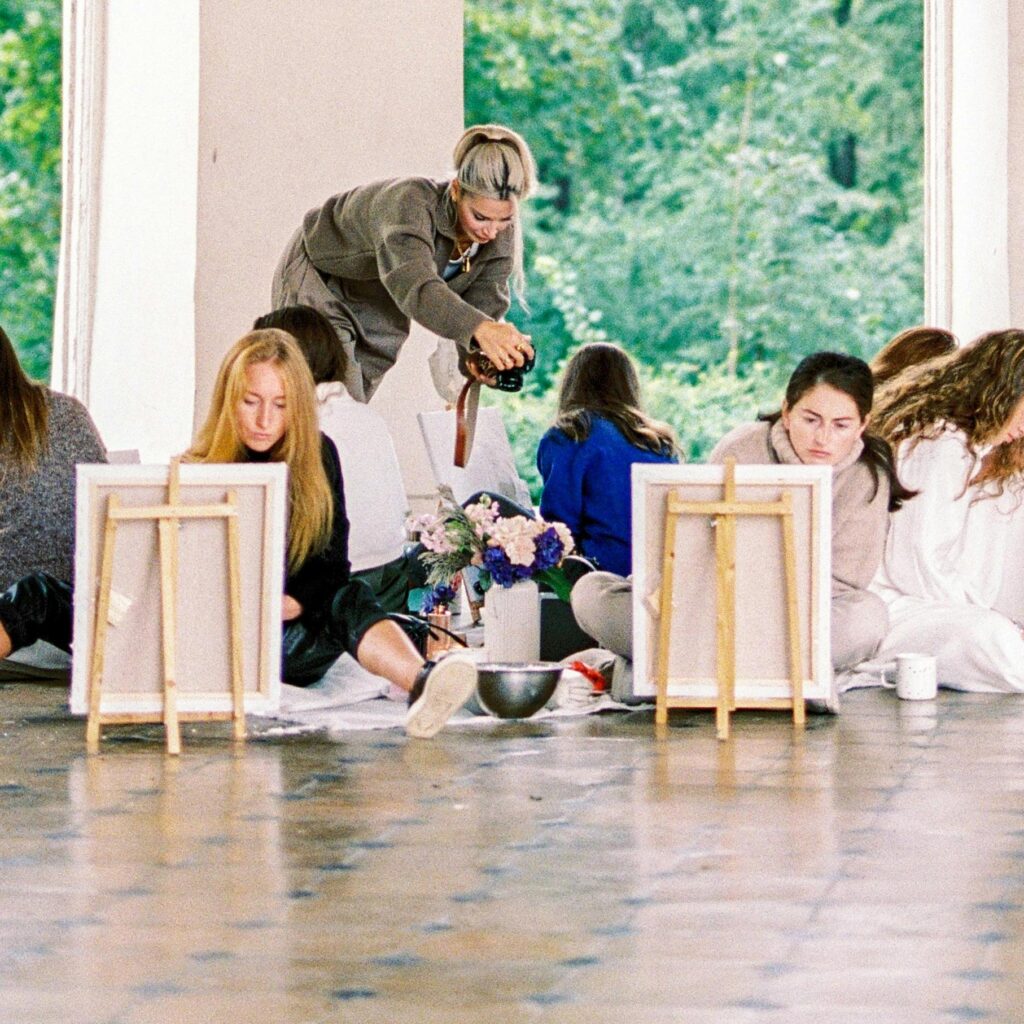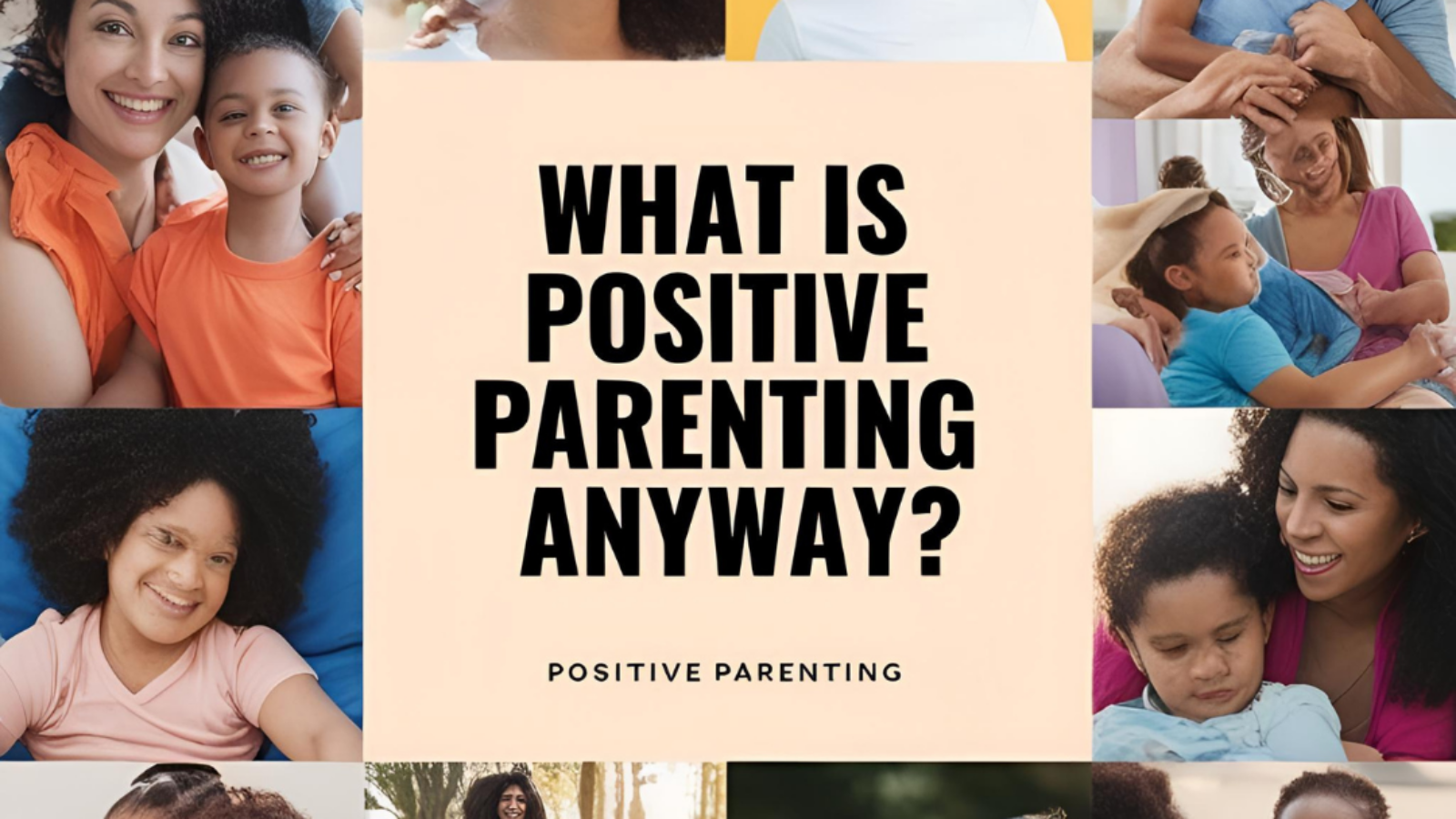Fostering Independence and Healthy Identity Formation
As a parent, you’ve probably had those moments where you look at your teenager and wonder, “Where did my little kid go?” One minute they’re asking for help tying their shoes, and the next they’re slamming doors, craving freedom, and figuring out who they are. Raising school-going teens is no small feat— it’s a rollercoaster of emotions, challenges, and, yes, incredible rewards. That’s where positive parenting comes in, a game-changer that not only strengthens your bond with your teen but also helps them grow into confident, independent individuals with a solid sense of self.
Let’s dive into why this approach matters and how it can transform your home into a space where teen independence and identity formation thrive—without losing that heart-to-heart connection you’ve built over the years.
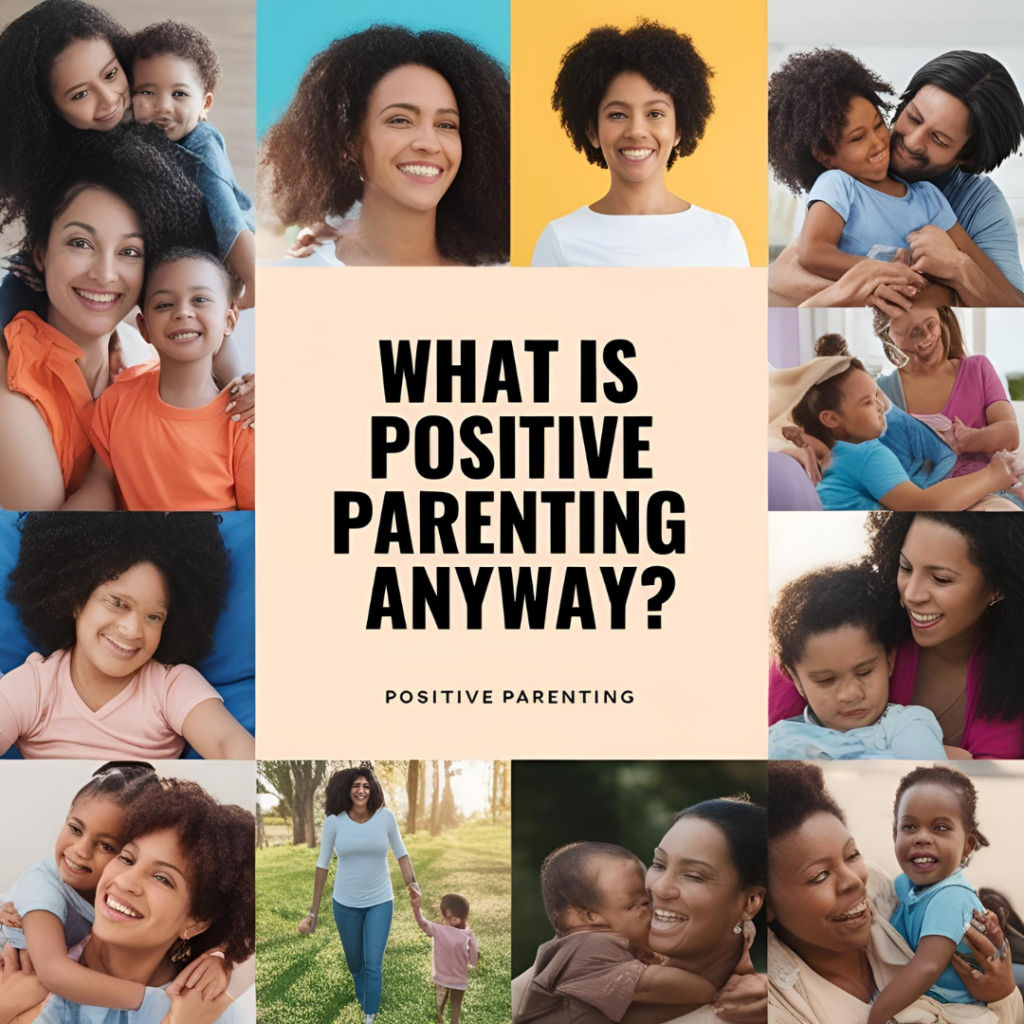
What Is Positive Parenting, Anyway?
Think of positive parenting as less of a rulebook and more of a mindset. It’s about guiding your teen with encouragement, understanding, and respect instead of leaning on strict control or punishment. It’s not about being a “perfect” parent (because, let’s be honest, who is?). It’s about showing up as a supportive coach rather than a drill sergeant. Studies show this parenting style builds teen confidence, reduces stress, and sets the stage for healthy emotional growth—something every parent wants for their kid heading into high school and beyond.
For parents of school-going teens, this approach feels like a lifeline. Your 13- or 16-year-old is at that crossroads—caught between childhood and adulthood, testing boundaries, and discovering who they want to be. Positive parenting meets them where they are, giving them room to grow while keeping you in their corner.
Why Teen Independence Matters (And Why It’s So Hard to Let Go)
Remember the first time your teen asked to go out with friends unsupervised or demanded to make their own decisions—like picking classes or skipping family movie night? It’s bittersweet, right? That push for teen independence is a natural part of growing up, but it can feel like they’re slipping away. Here’s the good news: fostering independence doesn’t mean losing your connection—it deepens it.
By stepping back (just a little!) and letting them take the wheel—whether it’s managing homework or solving a fight with a friend—you’re showing them you trust their judgment. That trust is like fertilizer for their self-esteem. Suddenly, they’re not just your “baby” anymore—they’re a young person capable of handling life’s curveballs. And trust me, as a parent, watching that confidence bloom is worth every ounce of worry you fought off to get there.

Identity Formation: Helping Your Teen Discover “Who Am I?”
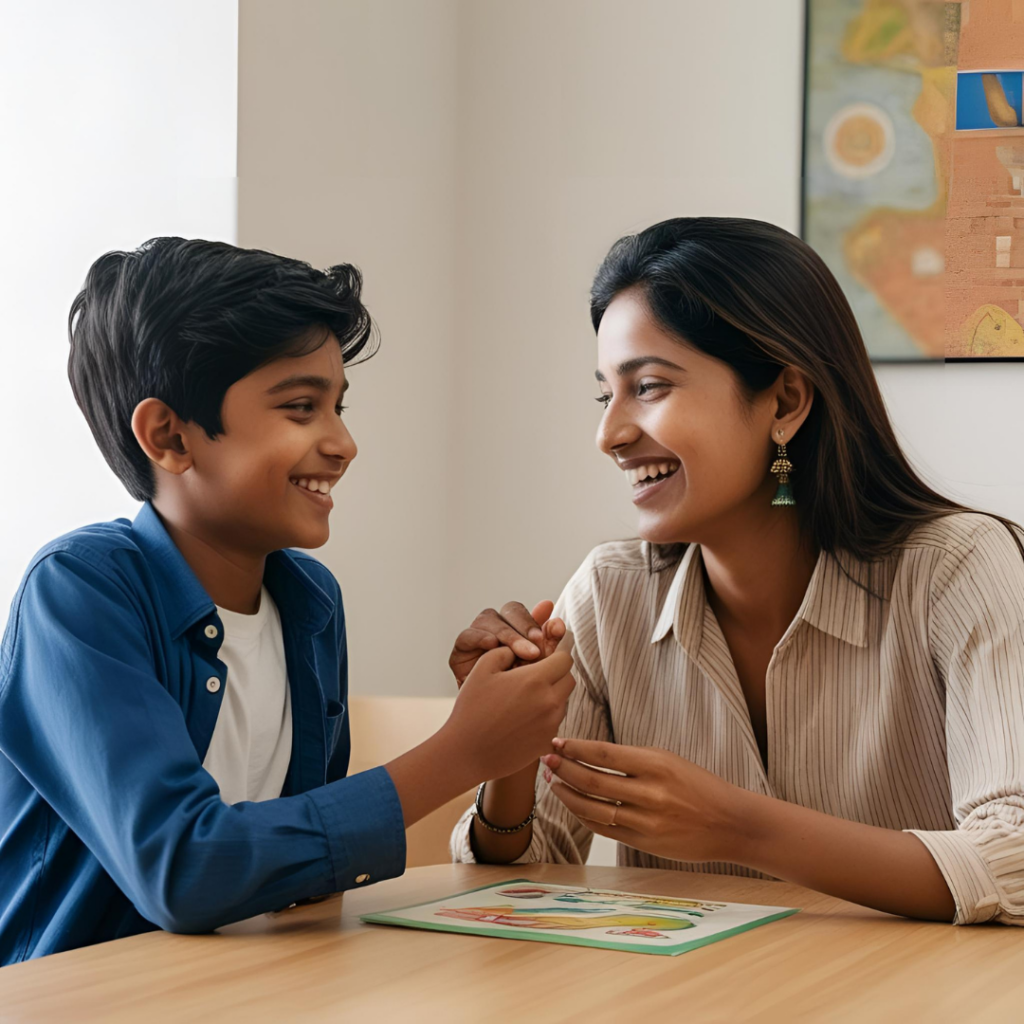
Middle school and high school are like identity boot camps for teens. They’re asking big questions: “Who am I? What do I stand for? Where do I fit in?” This stage of identity formation can be messy—think bold haircuts, new friend groups, or even some eye-rolling debates at the dinner table. But it’s also beautiful.
Positive parenting shines here by creating a safe space for them to explore. Instead of shutting down their wild ideas or quirks, try asking questions: “What made you want to try that?” or “How do you feel about this new hobby?” When they feel heard—not judged—they’re more likely to open up. That’s how you help them build a healthy identity rooted in self-awareness and pride, not just what their peers or social media tell them to be.
Parenting Styles That Build Teen Confidence
Not all parenting styles are created equal, especially when it comes to teens. The old-school “because I said so” approach might have worked when they were toddlers, but now? It’s a recipe for rebellion or resentment. Positive parenting flips the script. It’s about collaboration—setting clear expectations (yes, curfews still matter!) while giving them a voice.
For example, instead of grounding them for a bad grade, sit down together. Ask what happened and brainstorm solutions. Maybe they need a tutor, or maybe they’re overwhelmed with soccer practice. This builds teen confidence because they see you as a partner, not an enforcer. They learn problem-solving skills and feel empowered to take charge of their lives— skills they’ll carry into college and beyond.
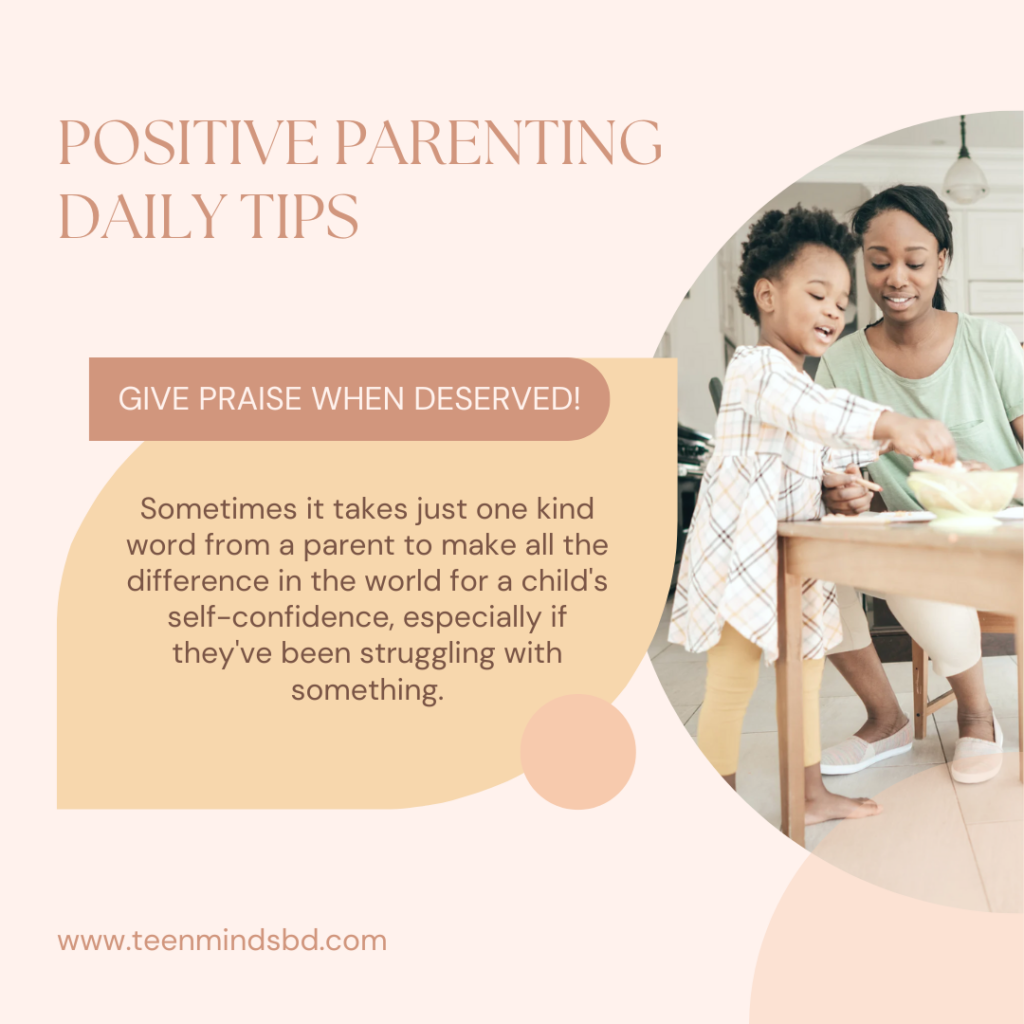
Real-Life Wins: A Parent’s Story

Let me share something personal. My friend Cynthia, a mom of a 13-year-old, used to dread the teenage years. Her daughter, Mira, was pulling away— silent dinners, constant texting, the works. Cynthia decided to try positive parenting after reading about it online. She started small: praising Mira’s effort on a tough project, asking her opinion on family plans, and resisting the urge to nag about her messy room.
Within weeks, Mira started talking more— not just grunts, but real conversations. She even asked Cynthia for advice about a friend drama. Cynthia told me, “I thought I was losing her, but now I feel like we’re a team.” That’s the power of this approach— it bridges the gap when you think it’s too wide to cross.
Practical Tips to Start Today
Ready to give positive parenting a shot? Here are some easy ways to weave it into your daily routine:
- Celebrate the Wins: Did they finish a big assignment or help a sibling? Tell them you’re proud—it boosts their
- confidence. Listen More, Lecture Less: When they vent about school or friends, really hear them out before jumping in with advice. <br>
- Set Boundaries with Love: Independence doesn’t mean no rules. Explain why those rules matter (e.g., “I need you home by 10 so I know you’re safe”).
- Model the Behavior: Show them what confidence and healthy identity look like—teens learn by watching you.
- Be Patient: Change takes time, for both of you.
The Long Game: Why This Matters (And Why It’s So Hard to Let Go)
Remember the first time your teen asked to go out with friends unsupervised or demanded to make their own decisions—like picking classes or skipping family movie night? It’s bittersweet, right? That push for teen independence is a natural part of growing up, but it can feel like they’re slipping away. Here’s the good news: fostering independence doesn’t mean losing your connection—it deepens it.
By stepping back (just a little!) and letting them take the wheel—whether it’s managing homework or solving a fight with a friend—you’re showing them you trust their judgment. That trust is like fertilizer for their self-esteem. Suddenly, they’re not just your “baby” anymore—they’re a young person capable of handling life’s curveballs. And trust me, as a parent, watching that confidence bloom is worth every ounce of worry you fought off to get there.
